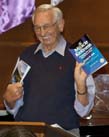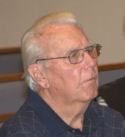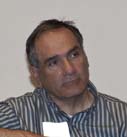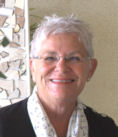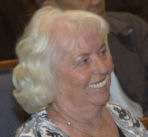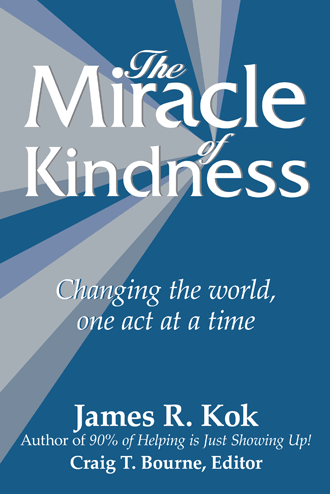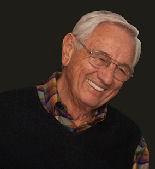Check Your Story At The Door
I was sitting outside the carwash waiting for my Buick to emerge. The guy next to me on the waiting bench reeked with sociability. "How ya' doing," he quipped.
"Okay, except our dog just died," I said, since I was full of that sad reality. It was more than I needed to say, since this was destined to be a one-time, fifteen minute relationship. I said it in part to keep the encounter from total superficiality.
"Oh, I've been through that," responded my new best friend. And he didn't stop with this bit of non-empathy. For the next quarter hour, I listened to him about the demise of his two dogs, all the details, from top to bottom. Then his van was announced "ready" and he walked away. "See ya'," he said.
I was the hurting party with fresh bereavement. He was a veteran of long past losses. I had cracked the door of lament open, but he walked in, paying no attention to my concerns. I was the patient — instead I was being asked to become the doctor, to attend to his hurts.
It happens all the time. "John" presents to "Bill" a challenge but Bill responds by telling his story. "Jane" brings up her fear but "Betty" moves boldly onto the stage, relating her own burdens. "Sally" phones "Carole" with news, but instead, Carole seizes the opportunity to tell her own news, with little attention to what Sally had really wanted to say.
Sensitive people must bite their tongues even when they are dying to spill their own thoughts. It is the most natural thing in the world to jump over to your own memories when another's triggers a recall of something similar.
Stories evoke stories. But caring people diligently refrain from stealing another's spotlight. They know that if "Bob" brings up either a sorrow or a joy, Bob is asking to be heard — not to have the tables turned so that he has to listen while you share.
I visited "Agnes" in Memorial Hospital after her major surgery. She'd had an operation to remove a brain tumor. As I sat beside her bed, one throbbing thought was clamoring in my head — my mother's brain tumor surgery, decades earlier. I wanted badly to tell Agnes my story. Here was a point of identification to pull us together. "See, I understand this," my telling would prove.
Better judgment, however, kept my tongue still. This was Agnes' dilemma for me to reach out toward, not a time for her to minister to me, as inevitably would happen. (Even mentioning my mother's illness could not be considered. For certainly Agnes would want to know the outcome. Since my mother died of her malignant tumor, this was definitely not a tale to tell a person fresh from the operating room.)
This is Cardinal Rule #1 in being a caring friend: Resist mightily the strong temptation to discontinue tuning in to another's story in order to tell your own.


